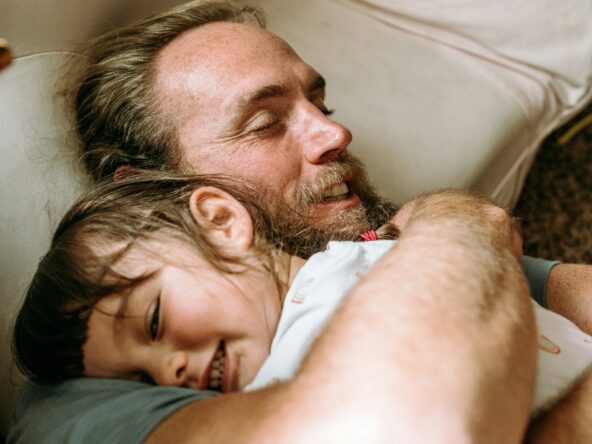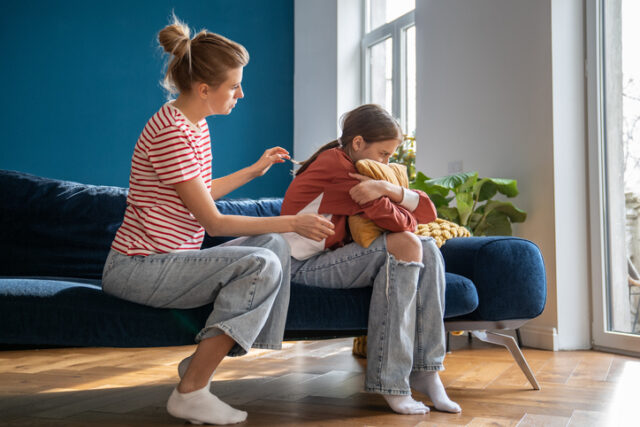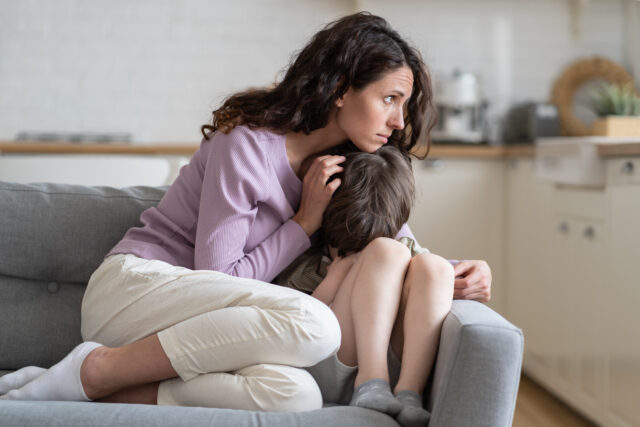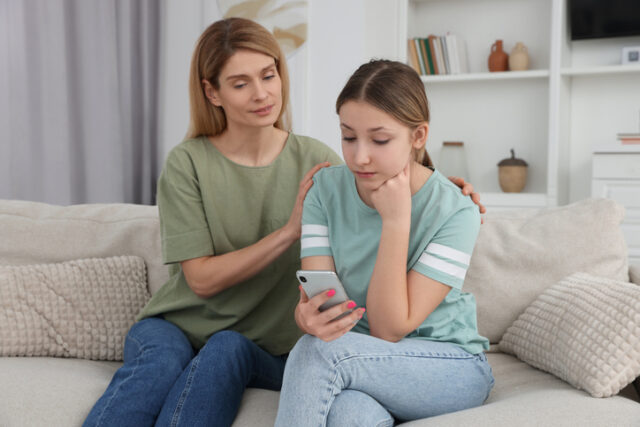You don’t need to spoil them with fancy toys to make a child feel deeply loved.

Sometimes it’s the smallest words, spoken in just the right moment, that stay with them for life. Good parents often use simple, thoughtful phrases that make their kids feel safe, seen, and valued, often without even realising the long-term impact. These aren’t just sweet things to say—they’re the building blocks of emotional security, self-worth, and a sense of belonging. If these phrases come naturally to you, you’re giving your child something they’ll carry with them long after childhood ends.
1. “I’m so glad you’re mine.”

This isn’t tied to achievement, behaviour, or performance—it’s about existence. Hearing this helps a child feel like they don’t have to earn your love. They already have it, simply by being who they are. It’s one of those little statements that settles into their self-worth and becomes a quiet source of strength in the background, especially on the days they don’t feel like much.
2. “You don’t have to be perfect.”

In a world that constantly pressures kids to be better, smarter, faster—this one sentence is a deep breath. It tells them that being human is enough, even when they mess up or fall behind. Good parents say this often, especially in moments of failure or stress. Not as a throwaway, but as reassurance: perfection isn’t the goal. Growth is.
3. “I believe in you.”

Even when a child is unsure, nervous, or struggling, this phrase plants a seed. When someone they trust says it with conviction, it creates a quiet sense of courage they might not have had on their own. It doesn’t fix everything, but it gives them something to lean on. It means they don’t have to face the world feeling alone in their doubt.
4. “Tell me what you’re feeling.”

Instead of shutting them down or distracting them, this phrase invites emotional honesty. It gives kids the space to name what’s happening inside without fear of judgement. It also tells them that their feelings matter—not just their actions. And when kids feel safe enough to express themselves, they build emotional literacy that lasts a lifetime.
5. “I hear you.”

This might seem like a tiny response, but it’s one of the most powerful. It says, “I’m listening. I’m here. You matter.” It doesn’t try to fix, interrupt, or lecture. When said genuinely, it helps kids feel emotionally held—even in moments when things can’t be resolved straight away. It’s a sign that they’re not alone with their struggle.
6. “It’s okay to make mistakes.”

Good parents don’t just say this when their kids mess up—they model it too. They own their own mistakes, apologise when needed, and show that imperfection is part of life. This helps kids release the pressure of getting everything right. It teaches them that mistakes aren’t signs of failure. They’re stepping stones, and nothing to be ashamed of.
7. “I love spending time with you.”

It’s one thing to say “I love you,” but this phrase goes further. It tells your child that their presence isn’t just tolerated, it’s cherished. It also makes it clear that you actually like them as human beings, not just love them. For a child, hearing this builds confidence and connection. It reminds them they’re not just loved when they’re behaving well—but always, just by being them.
8. “That must’ve been really hard.”

When a child is upset, hurt, or overwhelmed, this phrase offers validation without dismissing or minimising. It helps them process their experience instead of burying it. You’re not going to make it better immediately, and that’s fine. It’s about saying, “What you’re feeling is real, and I’m here with you in it.” That’s often all they need.
9. “You can always talk to me about anything.”

Kids hear this as a lifeline. Even if they don’t always take you up on it, just knowing that door is open gives them a sense of safety they’ll come back to when it counts. Good parents say it even when it’s awkward, even when it’s not convenient—because they’re playing the long game. Trust is built in advance, not in the crisis.
10. “I’m proud of you—no matter what.”

This separates love from achievement. It’s not about the grades, the trophies, or the performance on stage. It’s about who they are becoming; about effort, kindness, courage—things they can actually control. It teaches them that pride isn’t conditional. They don’t have to constantly prove themselves to be worthy of love or admiration.
11. “You’re allowed to feel upset.”

Instead of rushing them to calm down or “cheer up,” this one gives their feelings permission to exist. That’s a big deal for kids, who are often told to be quiet, behave, or stop making a fuss. By acknowledging their emotional experience, you help them learn how to sit with discomfort instead of fearing it. That builds long-term resilience.
12. “Let’s figure this out together.”

Instead of lecturing or laying down consequences with no explanation, this phrase invites teamwork. It tells your child they’re not being punished; they’re being supported in learning something new. It changes the dynamic from “you vs. me” to “we’ll work through this side by side.” That’s where real growth and connection happen.
13. “Thank you for telling me that.”
 Source: Unsplash
Source: Unsplash Especially when a child opens up about something difficult or uncomfortable, this phrase tells them you value their honesty. It reinforces trust, even when the content is tough to hear. It also reminds them that being open doesn’t lead to shame—it leads to support. That’s something they’ll remember next time, too.
14. “You don’t have to fix everything right now.”

In moments of overwhelm, this statement gives permission to breathe. It tells your child that stress isn’t a failure—it’s part of the process. It also makes it clear that they don’t have to carry the whole world alone. Good parents remind their kids that it’s okay to pause. That rest is not the enemy of progress—and sometimes, the best thing to do is just take the next small step.
15. “There’s nothing you could do that would make me stop loving you.”

This is the anchor. The ultimate statement of unconditional love. Every child needs to hear it, especially in moments when they feel ashamed, anxious, or scared. When you say this, you’re telling them that love doesn’t disappear when they mess up. That they’re safe with you, always. That’s the kind of foundation that lasts forever.




